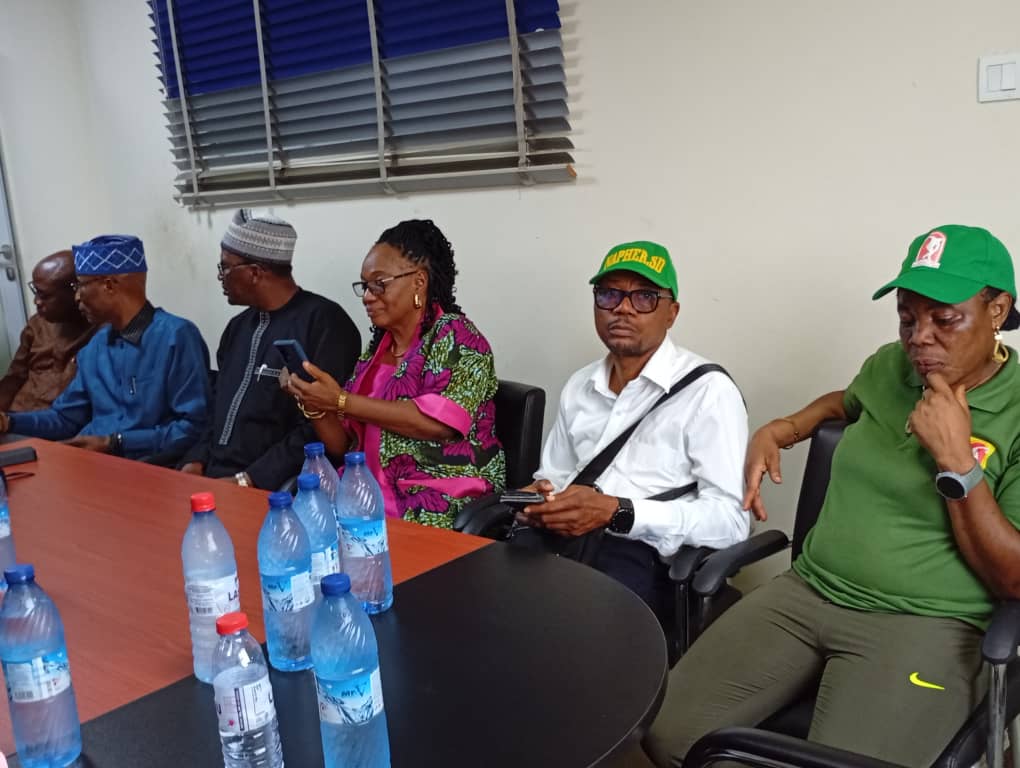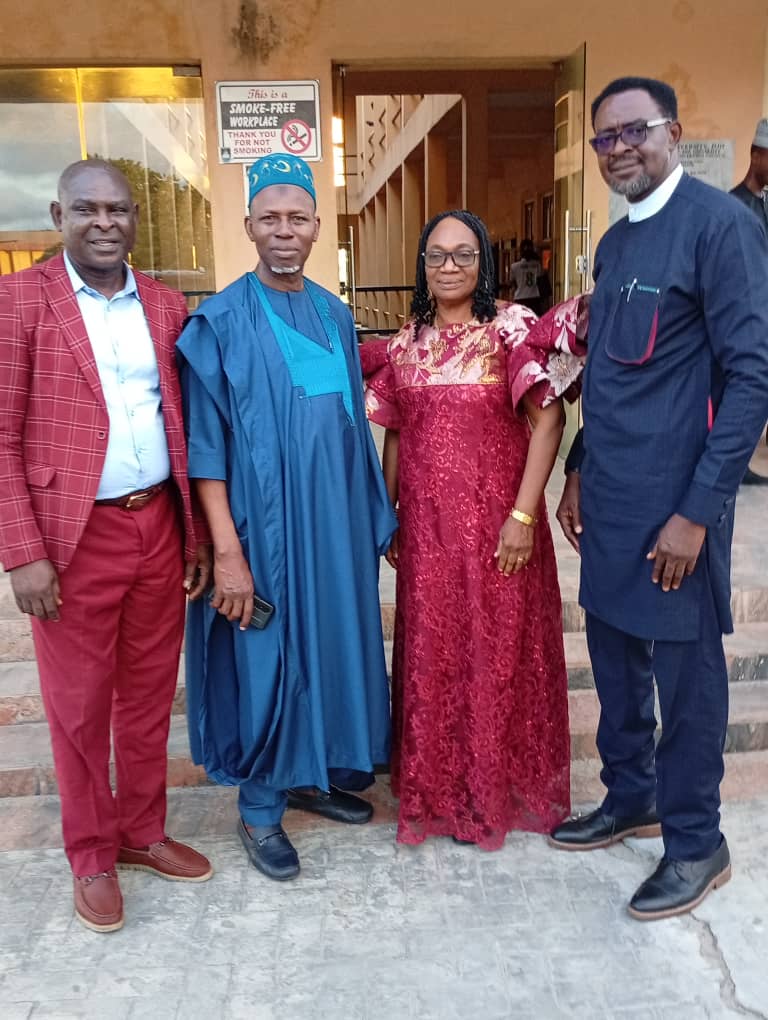Over 70 participants featured at the workshop and two-day plenary sessions of the just concluded 53rd Conference and Workshop of the Nigeria Association for Physical, Health Education, Recreation, Sports and Dance (NAPHER-SD ) held at the Makanjuola lecture Theatre, Lagos State University main campus, along Badagry expressway, Ojo Lagos from 23-27 September, 2025.
The Conference was declared open by Professor Ibiyemi Olatunji-Bello, the Vice Chancellor of LASU.
President of NAPHER-SD, Prof. Bola Adeyanju in her welcome address, commended all participants for making the conference a reality. She encouraged them to remain committed and always adhere strictly to principles of the association at all times.
With “Lifelong learning through Physical, Health Education, Recreation.
and Dance ( PHERD) ” as topic, Keynote address was professional handled by Prof. R. A Monronfolu of the Lagos State University.
The address highlighted lifelong learning as a necessity in today’s rapid changing century. It equally highlighted PHERD as a framework for resilience, adaptability, creativity and sustainable development while the Lead paper was presented by Dr. Uchenna Dim of the Orthopedic Hospital, Igbobi, Lagos, on the theme: Promoting lifelong learning through trauma prevention across all ages. The presentation emphasised trauma as both physical injury and an emotional distress with potential to disrupt lifelong learning.The
The plenary sessions went on with a wide range of papers presented across sub-themes of the conference, operating critical discussions.
The pre-Conference workshop with the Theme: ” Athletes in my care-Safeguarding Athletes through lifestyle and Social Support was facilitated by Dr. Olufemi Abioye, from the Nigeria Olympic Committee (NOC ).
Resolutions and Recommendations.

Government at all levels should increase funding, policy support and infrastructural development for lifelong learning initiatives in physical and health education, recreation, sports and dance.
Health Education stakeholders should intensify advocacy and create programmes to promote anti-aging through regular physical activity, health awareness and wellness initiatives.
Sports administrators are implored to organize recreational programmes for the elderly in our communities in order to improve their health status.
Trauma informed practices should be imported into education, recreation and sports programming to address the needs of individuals across all ages to prevent accidents that may lead to life trauma.
Safeguarding athletes must become a national priority with institutions establishing frame works for social, psychological and welfare support.
Global Safeguarding policies should be domesticated and enforced to suit the Nigerian context, guaranteeing protection for athletes at all levels.
Dance education and recreational programmes should be integrated into schools and communities as tools for physical fitness, cultural preservation and social cohesion.
Capacity building workshops should be expanded for teachers, coaches and practitioners to ensure professional excellence and motivation in service delivery.
Digital tools and technologies should be integrated into lifelong learning programmes to enhance accessibility, monitoring and effectiveness.
Sports commission’s at National and state levels are encouraged to design and implement inclusive sports and recreational policies that integrate safeguarding principles and promote lifelong learning.
Such policies should strengthen grassroots development, ensure the protection and wellbeing of athletes and provide sustainable support systems that align with the broader goals of education and national development.
The Association re-emphasised its commitment to spearheading advocacy, research and professional collaboration towards advancing lifelong learning through Physical, health education, recreation, sports and dance.

